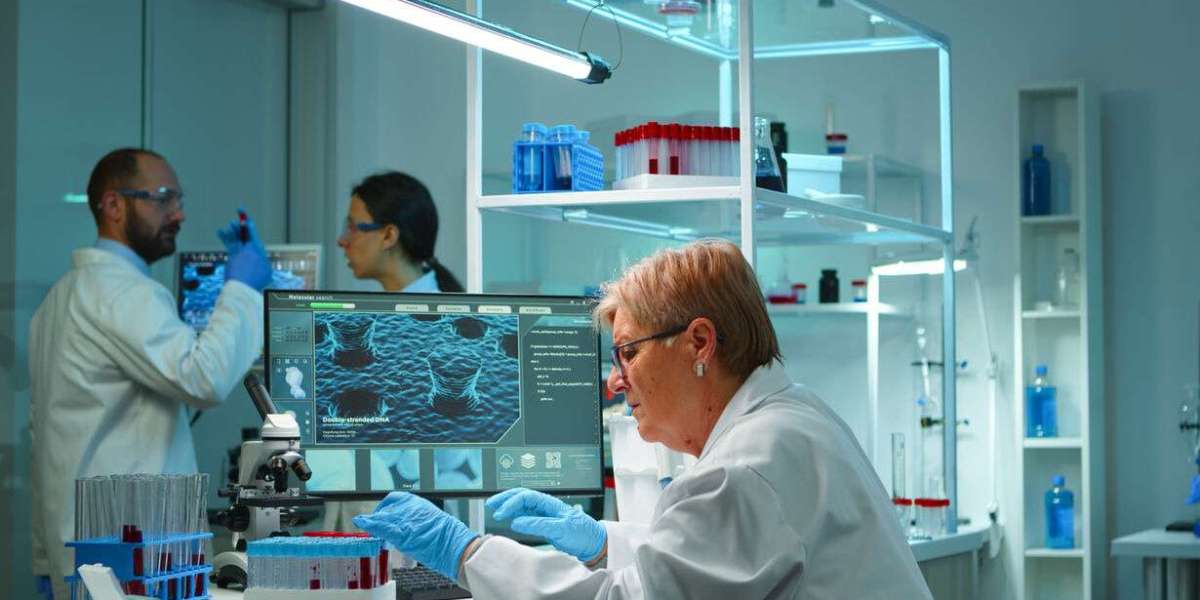Introduction to ISO 17025
ISO 17025 is an international standard that specifies the general requirements for the competence of testing and calibration laboratories. It is essential for laboratories to ensure that their processes, equipment, and personnel are consistently capable of providing accurate and reliable results. Internal auditors play a crucial role in maintaining these standards by assessing compliance and identifying areas for improvement. ISO 17025 Internal Auditor Training equips professionals with the knowledge and skills required to perform effective internal audits, ensuring the laboratory's continuous adherence to the standard.
Importance of Internal Audits in Laboratories
Internal audits are critical for laboratories aiming to maintain compliance with ISO 17025. These audits help in identifying gaps in the management system, ensuring that processes are being followed correctly, and confirming that corrective actions are implemented effectively. They also help in identifying non-conformities, which, if not addressed, could compromise the integrity of test results. The internal auditor’s role is to maintain objectivity while ensuring that the laboratory meets the requirements of ISO 17025 consistently.
Key Competencies of an ISO 17025 Internal Auditor
ISO 17025 Internal Auditor Training focuses on several key competencies. Auditors must understand the standard thoroughly, including its requirements for laboratory quality management systems, competency of personnel, equipment calibration, and traceability of measurements. In addition to technical knowledge, auditors need to develop soft skills such as critical thinking, communication, and problem-solving. This allows auditors to effectively assess laboratory practices and offer constructive feedback to improve processes.
Audit Process and Methodology
The audit process involves planning, conducting, and reporting on audits. ISO 17025 Internal Auditor Training provides insight into how to prepare for audits, including defining audit scope and objectives. It covers techniques such as document review, interviews, and observation of laboratory activities. Training also teaches auditors how to assess compliance, evaluate the effectiveness of corrective actions, and document findings in clear, concise audit reports. Understanding the methodology ensures that audits are thorough, systematic, and lead to actionable results.
Corrective Actions and Continuous Improvement
An essential aspect of internal auditing is ensuring that corrective actions are taken to address identified non-conformities. Training emphasizes the importance of following up on audit findings, ensuring that corrective actions are timely and effective, and fostering a culture of continuous improvement. By emphasizing corrective actions, laboratories can enhance their operations, mitigate risks, and improve the overall quality of their services, thus maintaining ISO 17025 compliance.
Conclusion
ISO 17025 Internal Auditor Training is an invaluable tool for laboratories seeking to improve their quality management systems. By developing the necessary skills to conduct thorough audits, auditors ensure that laboratories operate efficiently and meet international standards. This training not only helps maintain compliance but also contributes to the laboratory’s ongoing improvement and success.



